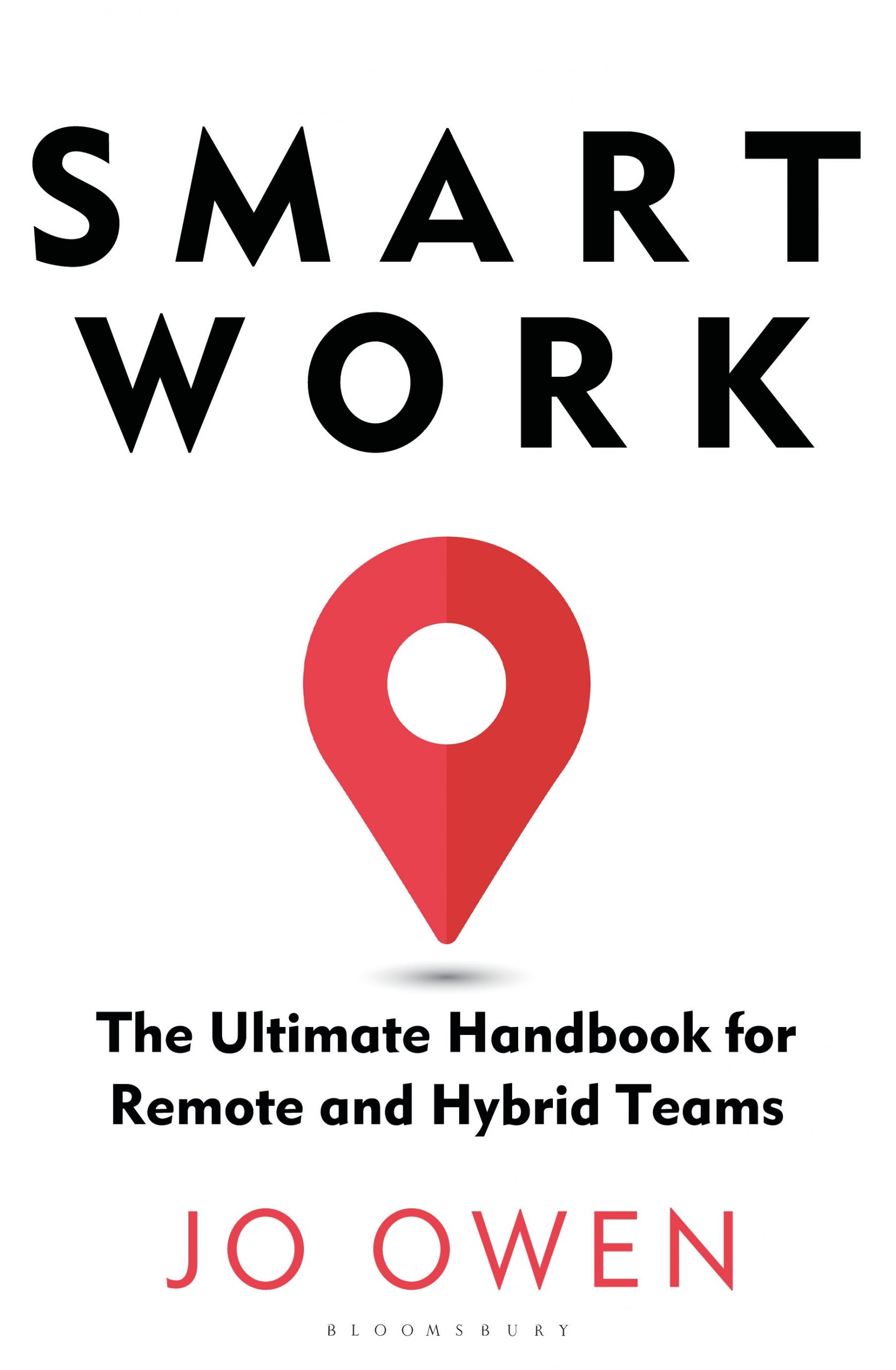I was really pleased to get the opportunity to review this book because like many of us I have been writing and training others on hybrid management over the past 18 months, but without a handbook to refer to. Well Smart Work provides exactly that, a valuable and practical reference guide for any manager or professional who is likely to be working or managing in a hybrid environment for the foreseeable future.
The book is simply, but effectively structured around the author’s RAMP framework which stands for Relationships; Autonomy and Accountability; Motivation and Process. Each section explores the practicalities of how a manager and/or an individual can recognise the differences presented by remote working and adapt positively to them.
The reality is that many of the ideas will be familiar to those of us who have been managers for some time, but there are a number of insights that I found particularly powerful. For example when talking about autonomy which so many of us find attractive, the author makes the valid point that autonomy only works if the individual has the ability to control it, otherwise it can become a recipe for overwork, loss of work-life balance, stress and burnout. Of course, this is highly relevant as we recognise the proliferation of mental health issues that have emerged from the pandemic – some of which may be down to too much of a good thing such as autonomy.
The author draws on research around the top challenges cited by managers when managing those who work from home and emphasises and explains the importance of trust, aligned values and goals. I enjoyed the challenge around delegation, which is not restricted to those in a hybrid work environment. The author pointed out how rather than thinking ‘What can I delegate’ it should instead be ‘Is there really anything I can’t delegate’ – quite a paradigm shift!
The section on relationships emphasises the importance of taking responsibility for our personal influence, being alert to where power lays and being prepared to put ourselves forward if we are to avoid being overlooked particularly in hybrid environments where there are very real risks of career stagnation for some through reduced visibility.
The author concludes by highlighting some facts around working from home both positive and less so. The reality is that a hybrid working environment seems here to stay, not least because most of us want it to at least some of the time. If you want to thrive personally and professionally in this environment then I would highly recommend reading this book and putting some of the excellent recommendations into practise.
Lucinda Carney, Host HRUprising Podcast. CEO Actus Software and author of ‘How to be a Change Superhero’







